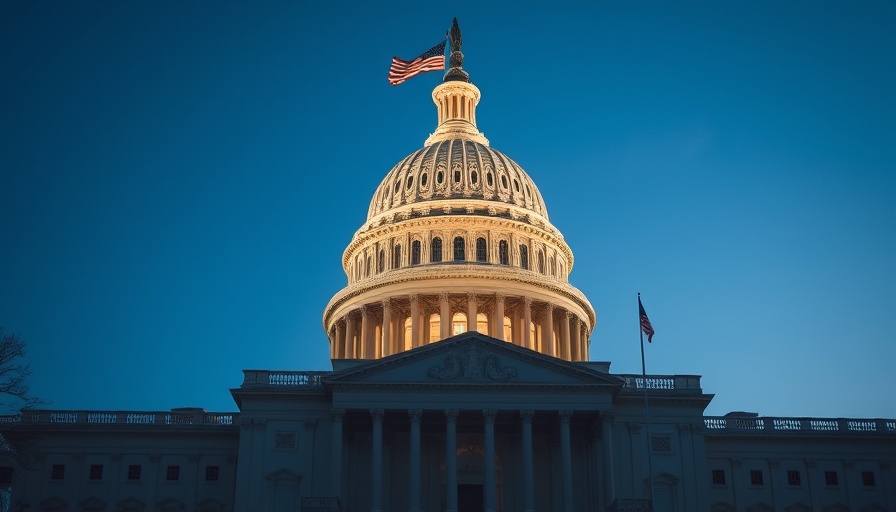
The Shift of Focus: Prioritizing Medicare Advantage Over Medicaid Cuts
In a bold move, a group of 36 Democratic lawmakers has officially urged their Republican counterparts to redirect their efforts from potential cuts to Medicaid towards addressing the rampant upcoding issues within the Medicare Advantage (MA) program. The letter, which was dispatched to key Republican leaders, argues that curtailing fraud and abuse in the MA plans presents a more effective strategy for saving federal dollars than restricting benefits or eligibility for Medicaid, which serves around 80 million Americans.
Understanding Upcoding and Its Financial Impact
Upcoding occurs when insurers exaggerate the health conditions of their members, leading to inflated government reimbursements. This practice has substantial financial repercussions, as highlighted by a Wall Street Journal investigation that revealed a staggering $50 billion in added payments to MA insurers over three years due to unsubstantiated diagnoses. Moreover, data from the Medicare Payment Advisory Commission (MedPAC) found that in 2024, the Centers for Medicare & Medicaid Services (CMS) paid MA insurers $84 billion more than what it would have spent if beneficiaries were in traditional Medicare, with upcoding accounting for nearly half of these overpayments.
The Importance of Protecting Medicaid
The Democrats' letter underscores the crucial role Medicaid plays in supporting American families, particularly those struggling to make ends meet. Instead of implementing cuts that would negatively impact beneficiaries, the call to action highlights an opportunity to rein in waste in more profitable areas. By tackling the upcoding issue in Medicare Advantage, lawmakers can better manage healthcare spending while preserving vital safety-net programs.
Looking Ahead: Bipartisan Support for Reform?
Despite historically broad Republican support for Medicare Advantage, a shift is emerging. With bipartisan acknowledgment of the need to reform practices contributing to wasteful spending, lawmakers on both sides of the aisle may find common ground in addressing the upcoding scandal. This evolving perspective may lead to more comprehensive healthcare reform aimed at improving the sustainability of both Medicare and Medicaid programs.
Understanding the intricacies of healthcare funding isn’t just for policymakers; for consumers, actively engaging in their healthcare journeys can enhance not only their quality of life but also influence the future of healthcare reform.
 Add Row
Add Row  Add
Add 




 Add Row
Add Row  Add
Add 



Write A Comment